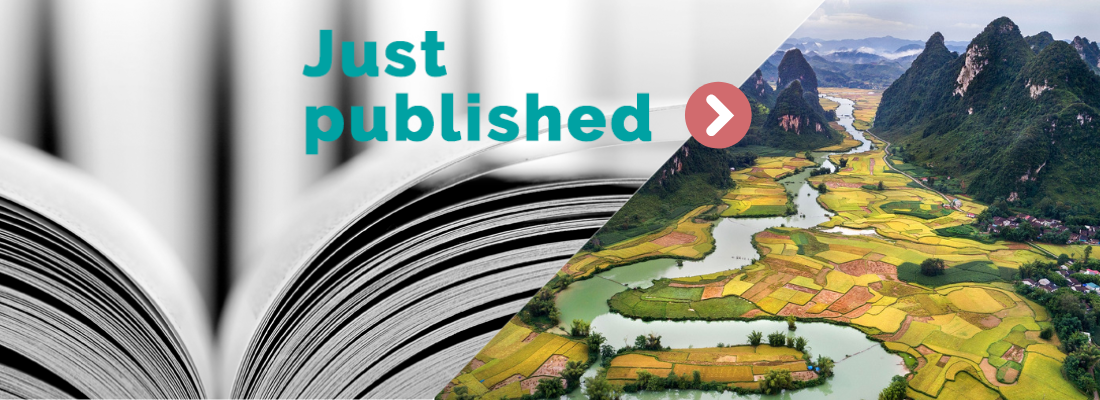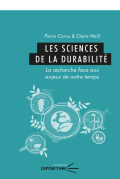Reading time 5 min
Sustainability science in the global knowledge economy - Strategic analysis and opportunities for INRAE
Published on 27 May 2025

Since its creation in 2020, INRAE has incorporated sustainability into its scientific strategies, an emphasis that can be traced back through its longer institutional lineage. This positioning gives rise to a question: must the institute also espouse “sustainability science”, a step taken by other scientific institutions in France and around the world? In 2022, the Deputy Director General of Science and Innovation submitted this query to a multidisciplinary working group.
This report draws on the results of a broad international survey and the analysis of foundational texts in sustainability science. It both characterises this field of research and furnishes a semantic, epistemological, and foresight analysis of its development. Based on over 70 interviews with scientists working on sustainability transitions and transformations, this document highlights the most inspiring scientific proposals and institutional initiatives in France, Europe, and the world. Finally, it evaluates INRAE’s organisational structure and strategic research priorities from a sustainability perspective, and then uses this springboard to recommend pathways for creatively and powerfully aligning the trajectory of our institute with that of sustainability science.
6 items are developed in the executive summary of this report:
- Increasing prominence of sustainability issues in international research
- Modern-day history of sustainability science
- Characterising sustainability science
- Science of and for sustainability—a wealth of potential concepts
- Institutional strategies to integrate sustainability science
- Sustainability science and INRAE’s strategic research priorities
About the report
Claire Weill, Pierre Cornu, Gabrielle Bouleau, Olivier Hamant, Pierre-Benoît Joly, Christophe-Toussaint Soulard. (2024). Sustainability Science in the International Knowledge Economy. Strategic Analysis and Opportunities for INRAE. INRAE. 11 pages. ⟨hal-04727139⟩
About the authors
Claire WEILL is a physicist. A senior fellow at INRAE, she operates at the interface between science, society, and policy. Over the course of her career, she has been a climate negotiator for the French government and a senior fellow at the Institute for Sustainable Development and International Relations (IDDRI).
Pierre CORNU is a professor of contemporary history and the history of science at the University of Lyon II. He is also an INRAE research director on secondment, the director of Territoires, a joint research unit in Clermont-Ferrand, and a historian with the INRAE-CIRAD History Committee.
Gabrielle BOULEAU is a political sociologist. A senior researcher at INRAE in the Interdisciplinary Laboratory for Science, Innovation and Societies (LISIS), she studies environmental issues and the greening of policies in France, Europe, and the United States.
Olivier HAMANT is a biologist. He is an INRAE research director at the Plant Reproduction and Development unit. In connection with the theme of the Anthropocene and his biological research, he has taken part in numerous projects involving the arts and humanities.
Pierre-Benoît JOLY is an economist and a sociologist. He is an INRAE research director as well as president of the INRAE Centre of Occitanie-Toulouse. His current work seeks to improve the ability of research to help create desirable possible futures.
Christophe-Toussaint SOULARD is a geographer. He is an INRAE research director and head of the institute’s Sciences for Action and Transition (ACT) Division. His research explores the practices and public policies that link cities, agricultural systems, and food systems in France, the USA, and the Mediterranean.

This report is the subject of a 64-page book (in French) covering the essentials of the subject.
Pierre Cornu, Claire Weill. Les sciences de la durabilité. La recherche face aux enjeux de notre temps. Ed. PUBP (Paris), 64 pages. ean13 : 9782383773054.
